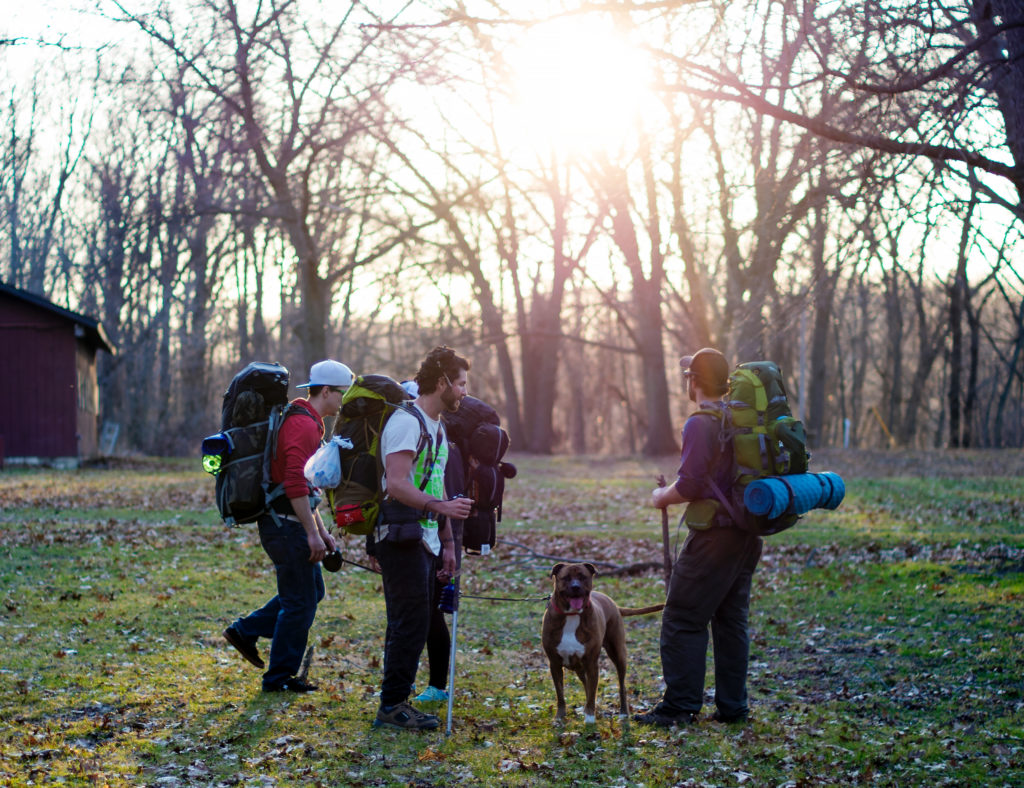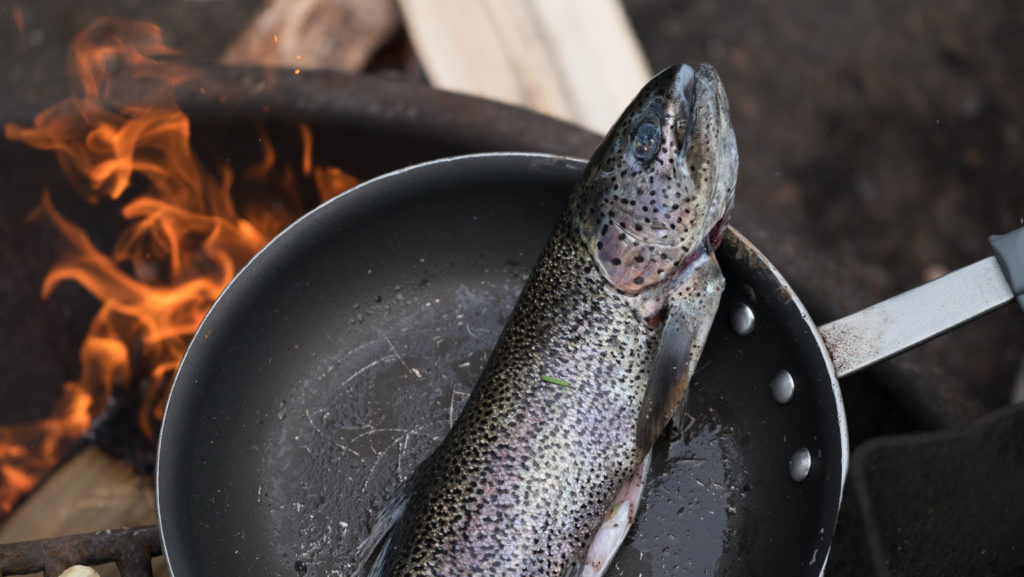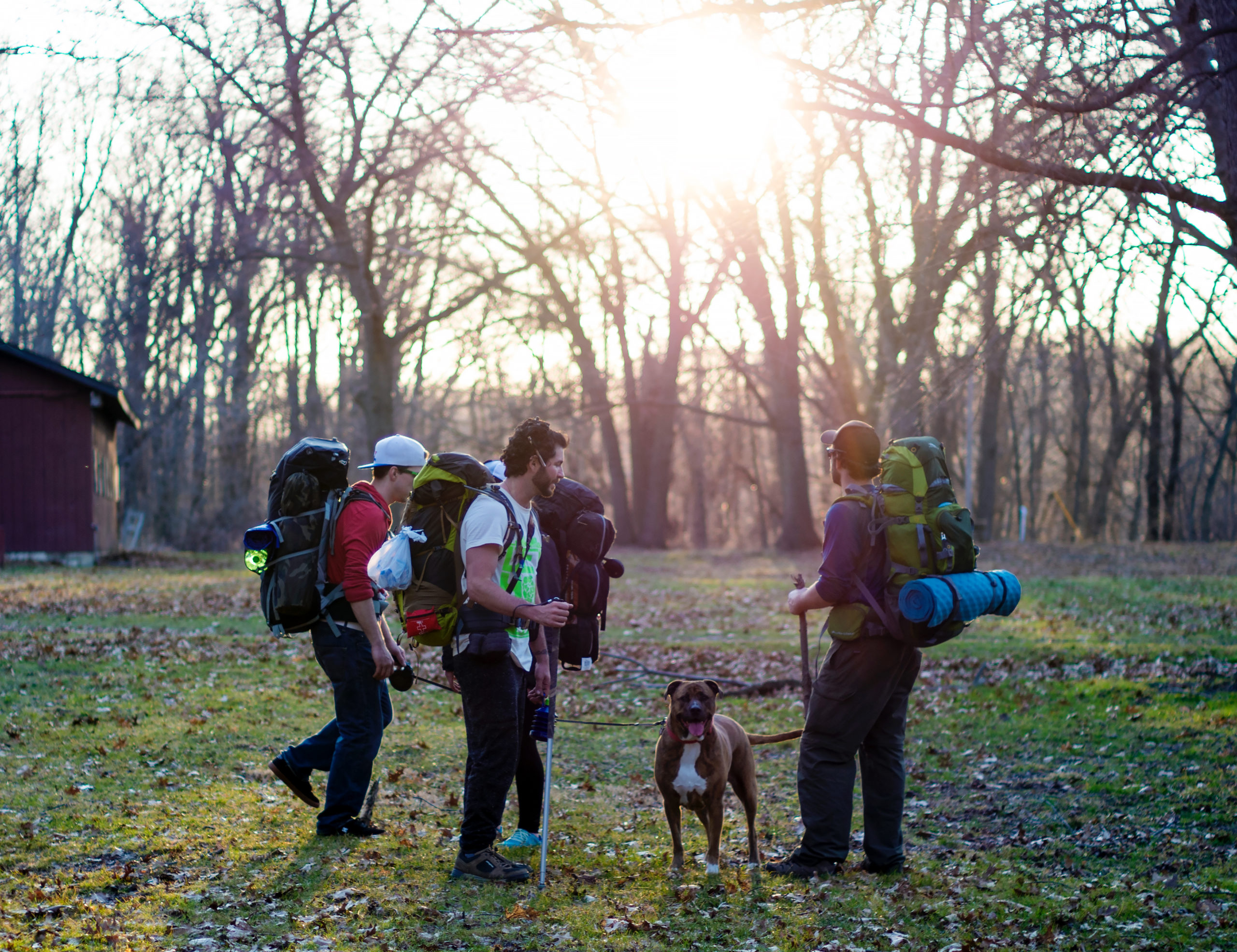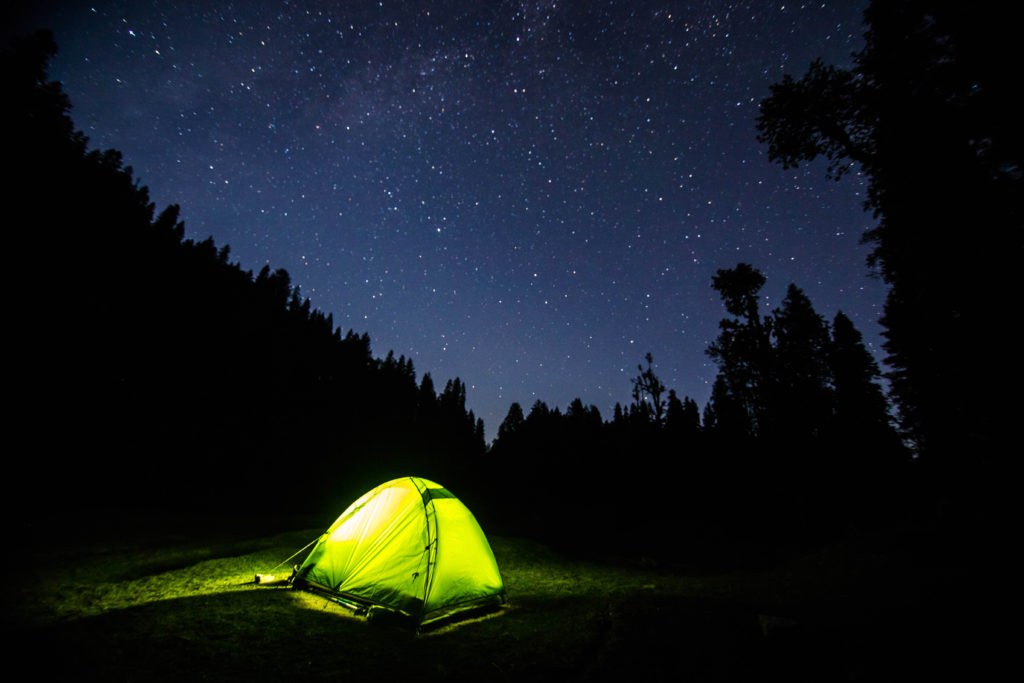If you’re new to backcountry camping, welcome. Hiking and camping in the backcountry is an experience like no other, and it’s one that you don’t want to miss. Before you grab your gear and load up your pack, there are a few things you need to know.
Get fit
Camping in the backcountry is not like driving to a campsite and setting up next to your car. You need to be able to hike five-10 miles per day with a full pack. If you’re not conditioned for strenuous hiking, or you’re not in good health, reevaluate whether you’re fit enough to make the trek into the backcountry. Consider a solid couple months of pre-backcountry training regiment. It’ll help you out in the long run both for your health, and for your journey ahead.

Research and schedule your trip
- True backcountry camping requires a bit of planning, so choose your destination and pick the dates well in advance. It helps to make the seasons work for you. Choose times with warmer weather when conditions aren’t as harsh. You’ll end up carrying less gear and feeling more comfortable.
- Pick the appropriate trail type and distance. Choose a trail that matches your skill level and time constraints. Be realistic: you can’t do a 3-week hike over a long weekend. Also, consider the changes in elevation on the trail. You want to pick a trail that you’ll enjoy, so if you’re new, choose a trail that’s appropriate to your experience. Even short hikes at steep inclines can be very challenging.
- Acquire the necessary permits you need to hike and camp legally. Different state and national parks have rules that you need to familiarize yourself with for your safety and the well-being of others.
- If you’re new to backcountry camping, bring an experienced partner whose knowledge will benefit you.

What to bring
You need a comprehensive camping checklist to cover all the details of your trip.
Clothing
Bring layers appropriate to the season you’re in, bring extra socks and underwear, and make sure you have rain gear. Don’t skimp on good hiking boots. Your feet are a precious asset. Nothing’s worse than leaving your critical clothes behind and suffering due to carelessness.
Food
Consider how long you’ll be out and plan healthy, nourishing meals. Having a specific plan will be essential so that you know how much food to bring and what cookware you’ll need.
Tools
- First aid kit
- Headlamp
- Lighter/matches
- Map + compass + GPS
- Pocket knife
- Duct tape/repair kit
- Shelter
- Tent + bedding
- Sanitary
- Toiletries, unscented soap
- Kitchen
- Kitchen utensils
- Cookware
- Dining ware
- Stove + Fuel
- Water/ sanitizing solution
- Check out my post on essential camping gear
Packing
See that your backpack accommodates your needs. Do a test pack before your trip to make sure you’re in good shape. Also, do a couple of test hikes with a full pack so that you’re not surprised by how heavy your pack is once you hit the trail.
Safety
There are hazards to hiking and camping, so take a first aid course and make sure you’re your kit is up to date. Bring a personal locator GPS beacon for remote or challenging terrain. Practice setting up your tent in your backyard so that you’re well versed in how to care for your tent. Know a few survival skills. It’s essential that you know how to build a fire, how to dress a wound and how to store your food to keep scavengers at bay.
Now that you’re familiar with the basics of backcountry camping, chances are you’ve starting thinking of a shopping list. There are a lot of things to remember. To stock up on some of the essential gear you need, visit a quality outdoor retailer like Carhartt to get the durable goods you need to combat the elements. When you’re setup with high quality gear you have a lot less to worry about and can focus on enjoying your journey into nature. If you’re looking for some of the most popular multi-day hikes in Canada, check out my post.

